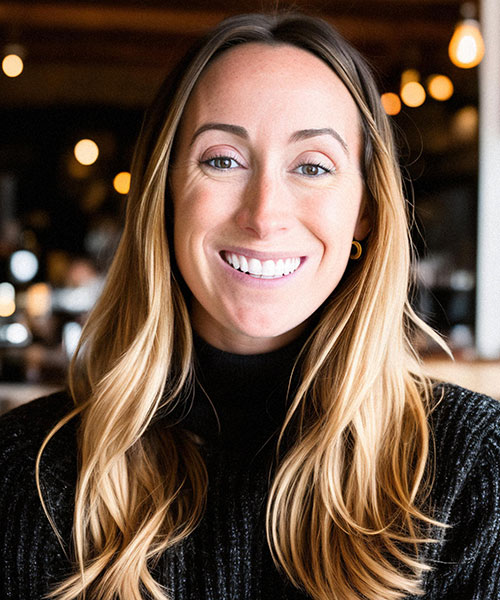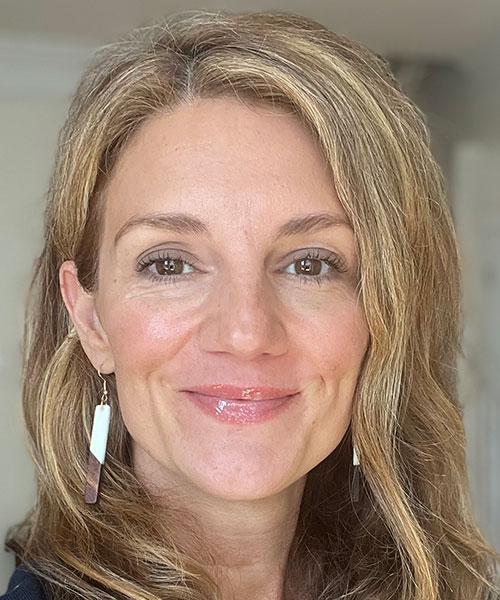Back-to-school season reorganizes a household overnight. Early alarms return. Evenings compress. The house is quiet for long stretches, then loud all at once. For many parents, that shift raises anxiety, disrupts sleep, and increases temptation to cope in ways that do not help. If you live with depression, anxiety, or a history of substance use, this is the right time to put a prevention plan in place, not later, not when things unravel.
A High-Risk Time
For parents with substance use disorder or mental health conditions, rhythm changes in ways that strain self-regulation. Long mid-day gaps can amplify rumination or cravings. After-school chaos can spike stress precisely when willpower is lowest. Sports and school events often center around alcohol. Decision fatigue grows as the week goes on.All of the changes show your environment just got harder, and a plan can match these conditions.
A Simple Plan for 8am-3pm
Start by anchoring the day. Keep a consistent wake time, eat on a schedule even when appetite is low, and set a caffeine cutoff time. Try to schedule any of your standing supports at predictable times like therapy, exercise, or spiritual/mindfulness practices between drop off and pickup. If you treat these self-care activities the same way you treat school pickups and sports practices they become routine, not optional.
Identify “red-zone” windows before they arrive. For many parents it is the quiet early afternoon or right after bedtime. Pair each risk window with a specific, active alternative like a brief walk and water, a check-in text to a support, a five-minute breathing timer, or a short list of tasks you can finish in twenty minutes.
When Alcohol or Drugs are Part of Coping
If you notice any escalation in old behaviors like secrecy or missed obligations, this might be a sign of needing more support. Weekly therapy helps many parents. Others need more structure for a season. EHN Health USA provides virtual care that works with school schedules and family logistics, including:
- Virtual Intensive Outpatient Program (IOP): multiple live sessions each week, small groups, and individual therapy led by licensed clinicians. Morning and evening options reduce conflict with work and family routines.
- Outpatient counseling: weekly individual sessions with the option to add focused groups when you want more connection.
- Medical and psychiatric input: care addresses sleep, hormones, pain, and other physical drivers that can worsen mood and cravings.
- Measured progress: we use validated tools such as PHQ-9 and GAD-7 so you can see what is improving and what still needs attention.
Explore our Virtual IOP
If you could use more support around stress, healthy coping mechanisms and relapse prevention, our programs are available with school-friendly scheduling. All services are delivered through a secure, stress-free telehealth platform you can access from home.









